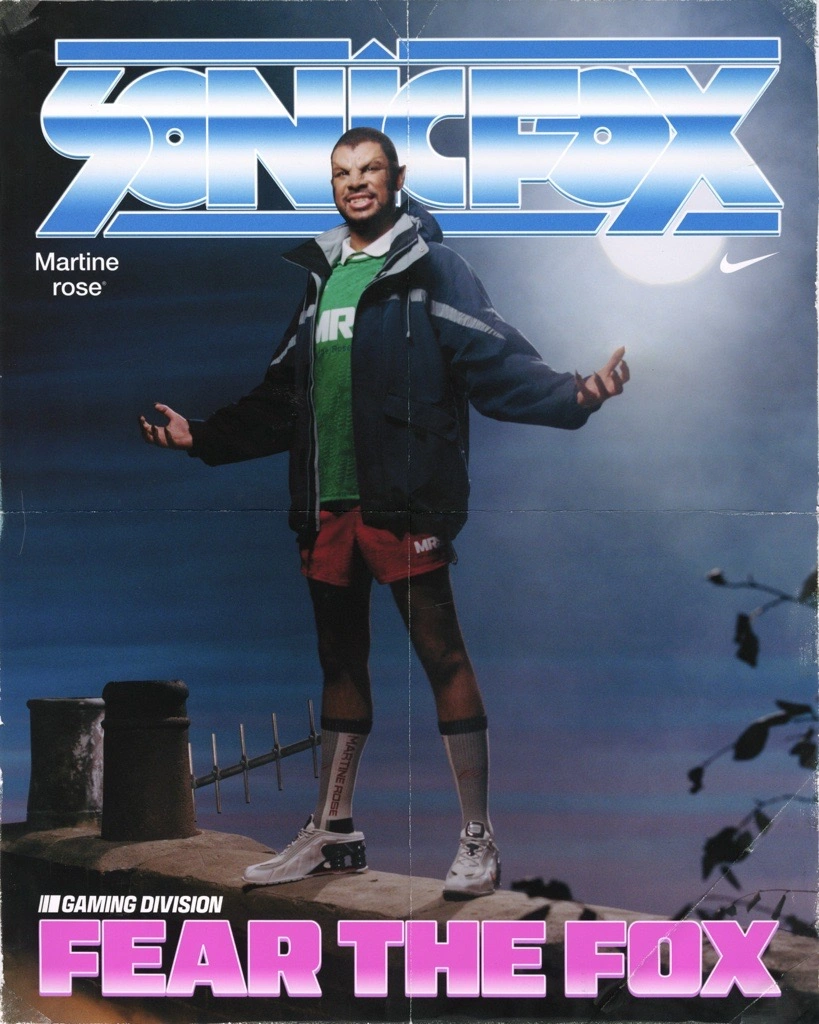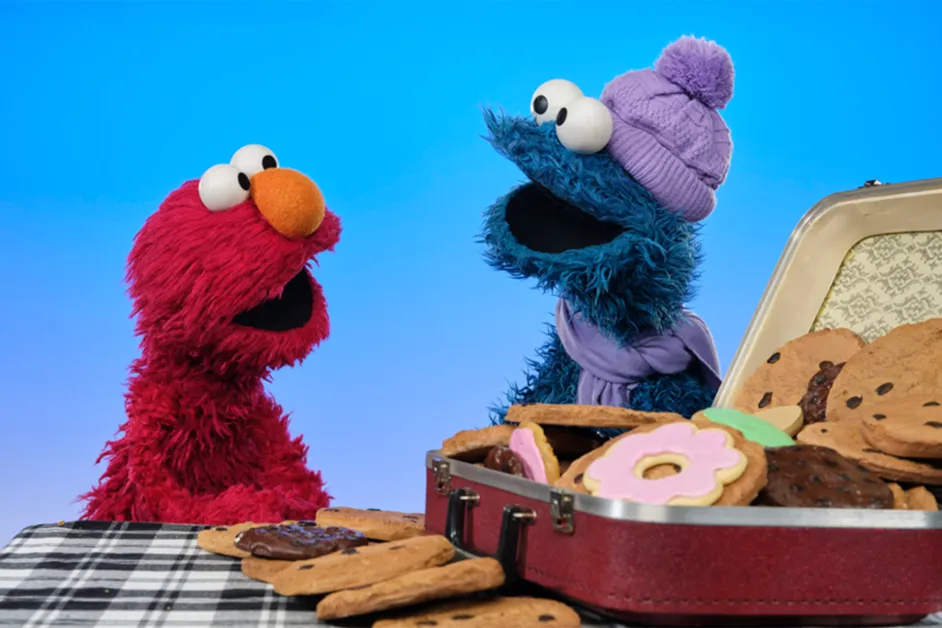The name Roxie instantly conjures images of glamour, intrigue, and ambition, particularly for fans of the iconic musical Chicago. The character of Roxie Hart, immortalized on stage and screen, is a complex and captivating figure who embodies the glitz, grit, and moral ambiguity of the Jazz Age. Her story, marked by her quest for fame at any cost, continues to resonate with audiences around the world.
But what about the phrase “Ah Ah Ah”? While it could reference her signature vocalizations during performances, it also serves as a shorthand for her magnetic charm, quick wit, and ability to captivate an audience with little more than a whisper. This article delves into the timeless appeal of Roxie Hart, her cultural significance, and how “Ah Ah Ah” encapsulates her persona.
Roxie Hart: The Quintessential Antiheroine
Roxie Hart is the epitome of an antiheroine—a flawed, morally ambiguous character who nonetheless commands our attention and empathy. From her origins in the 1926 play Chicago by Maurine Dallas Watkins to her portrayal in Bob Fosse’s 1975 musical and the 2002 film adaptation, Roxie’s journey is a commentary on fame, ambition, and the media’s role in shaping public perception.
The Dream of Stardom
At the heart of Roxie’s story is her dream of becoming a vaudeville star. Trapped in a mundane life with her husband Amos, she yearns for a taste of the spotlight. Her ambition, while relatable, drives her to make questionable choices—including committing murder.
The Power of Performance
Roxie’s greatest strength is her ability to perform, both onstage and off. Whether it’s manipulating the media or captivating the courtroom, she turns every moment into a spectacle. The phrase “Ah Ah Ah” symbolizes her knack for leaving people hanging on her every word, waiting for what she’ll do next.
A Commentary on Morality
Roxie’s rise to fame is as much about her ability to spin a narrative as it is about her talent. She exploits the public’s fascination with scandal and blurs the line between villain and victim. In doing so, she forces audiences to question their own complicity in glorifying questionable behavior.
“Ah Ah Ah”: Roxie’s Signature Charm
The phrase “Ah Ah Ah” could easily be a nod to Roxie’s iconic vocal delivery, but it also encapsulates the essence of her character:
Tease and Intrigue
Roxie’s charm lies in her ability to tease and intrigue. Much like a well-timed “Ah Ah Ah,” she knows how to hold an audience’s attention, leaving them wanting more. Whether she’s onstage or spinning a story to the press, her pauses and insinuations keep everyone guessing.
Confidence and Control
Roxie’s use of “Ah Ah Ah” can also be seen as a manifestation of her confidence. She doesn’t need to rush; she controls the narrative and makes others follow her rhythm. This command of timing is part of what makes her such a compelling figure.
Flair for Drama
Drama is Roxie’s lifeblood. From her exaggerated gestures to her sultry vocals, every aspect of her persona is designed to captivate. The playful and provocative “Ah Ah Ah” underscores her flair for theatricality, turning even the simplest moments into a performance.
The Evolution of Roxie in “Chicago”
Roxie Hart’s character has evolved over the decades, but certain core elements remain consistent:
The Original Play
Maurine Dallas Watkins’ original play portrayed Roxie as a satirical figure, critiquing the sensationalism of the press and the public’s appetite for scandal. While still compelling, this version of Roxie was less sympathetic than her later iterations.
The Fosse Musical
Bob Fosse’s 1975 adaptation added layers of complexity and theatricality to Roxie’s character. Songs like “Roxie” and “We Both Reached for the Gun” highlighted her charisma and ability to manipulate those around her. This version of Roxie became a more nuanced antiheroine, balancing humor with pathos.
The 2002 Film
The film adaptation, starring Renée Zellweger as Roxie, further humanized the character. Zellweger’s portrayal emphasized Roxie’s vulnerability and desperation, making her rise to fame both triumphant and tragic. The film’s use of fantasy sequences also underscored Roxie’s tendency to blur reality and performance.
Roxie’s Cultural Impression
Roxie Hart’s story has endured for nearly a century, thanks to its timeless themes and the character’s universal appeal.
A Reflection of Society
Roxie’s journey mirrors society’s obsession with fame and sensationalism. Her ability to manipulate the media and public opinion is as relevant today as it was in the 1920s, making her a symbol of both empowerment and caution.
Inspiration for Modern Characters
Roxie’s influence can be seen in countless other characters, from antiheroines like Walter White in Breaking Bad to ambitious figures in reality TV. Her blend of charm, cunning, and moral ambiguity has become a template for complex protagonists.
A Feminist Icon
While Roxie’s methods are questionable, her refusal to be defined by her circumstances resonates with feminist ideals. She takes control of her narrative, refuses to be a victim, and pursues her dreams with relentless determination.
The Enduring Appeal of “Ah Ah Ah”
“Ah Ah Ah” captures more than just a vocal flourish—it embodies the essence of Roxie Hart’s character. It’s a playful, provocative reminder of her ability to control a scene, command attention, and leave everyone wanting more.
Impression
Roxie Hart is a character who transcends time and medium, and “Ah Ah Ah” serves as a fitting encapsulation of her allure. Whether she’s manipulating the press, dazzling the audience, or navigating the complexities of her ambition, Roxie’s charm is undeniable.
As audiences continue to embrace Chicago and the enduring legacy of Roxie Hart, “Ah Ah Ah” remains a symbol of her ability to captivate, inspire, and provoke. It’s a reminder that sometimes, the most powerful moments are the ones left hanging in the air, waiting to be filled with possibility.
No comments yet.








